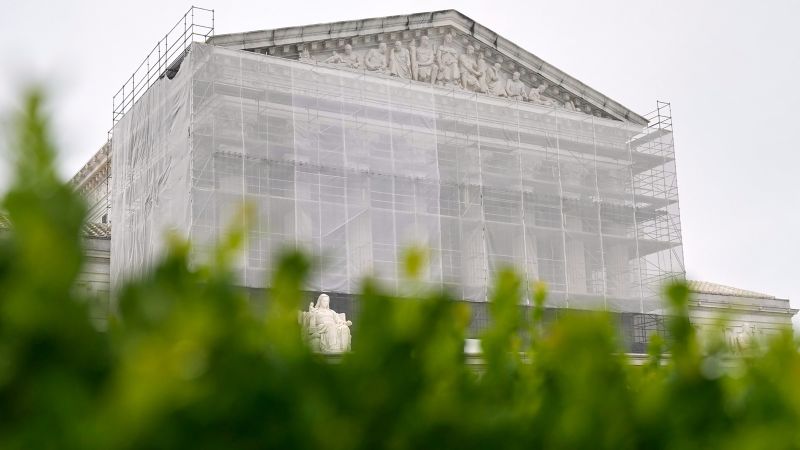T4K3.news
Texas age verification law upheld by Supreme Court
The Supreme Court confirmed a Texas law requiring age checks for pornographic website access.

The Supreme Court's decision sets a significant precedent for online content regulation.
Supreme Court upholds Texas law for age verification on porn sites
On Friday, the Supreme Court upheld a Texas law requiring age verification for accessing pornographic websites. This ruling marks a notable event in First Amendment jurisprudence. Justice Clarence Thomas, in a 6-3 opinion, stated that the law aims to protect children from harmful content while still allowing adults access through identity verification methods such as government-issued IDs. The law has faced criticism from the adult entertainment industry, which argues it infringes on free speech rights by forcing adults to disclose their identities. The court's approach may reflect a growing concern about minors accessing pornography online, as well as a shift in how laws are interpreted in relation to modern technology and societal norms.
Key Takeaways
"The statute advances the state’s important interest in shielding children from sexually explicit content."
Justice Clarence Thomas justified the law's intent in his opinion.
"Kids can get online porn through gaming systems, tablets, phones, computers."
Justice Amy Coney Barrett reflected on her personal experience while discussing content filtering.
The court's ruling underscores an evolving landscape in First Amendment rights and age-related content regulation. By siding with the Texas law, the Supreme Court indicates a willingness to prioritize child protection over unrestricted adult access to online content. This decision could pave the way for more states to introduce similar laws, raising questions about privacy and the balance between safeguarding minors and maintaining free speech. The nuances of this case reveal a potential pivot in the court's stance on technology-related issues, reflecting the complexities of internet governance in the digital age.
Highlights
- Protecting children online shouldn't come at the cost of adult privacy
- This law challenges how we view online free speech
- The court subjects modern tech to old legal standards
- Change in access to online content raises new legal questions
Concerns about online freedom and privacy
The law's age verification requirements may infringe on adult access to protected speech, raising worries about privacy and free expression.
As the implications of this ruling unfold, discussions on online content regulation are set to intensify.
Enjoyed this? Let your friends know!
Related News
Supreme Court upholds Texas adult content age verification law

Supreme Court decision changes pornography regulations

Supreme Court to hear Texas law on porn site age verification

Supreme Court to review age verification laws affecting Pornhub access

Adult sites blocked in 17 states
Texas age-verification law for porn heads to Supreme Court

Pornhub access blocked in multiple US states

Justice Alito asks about Pornhub articles in case hearing
